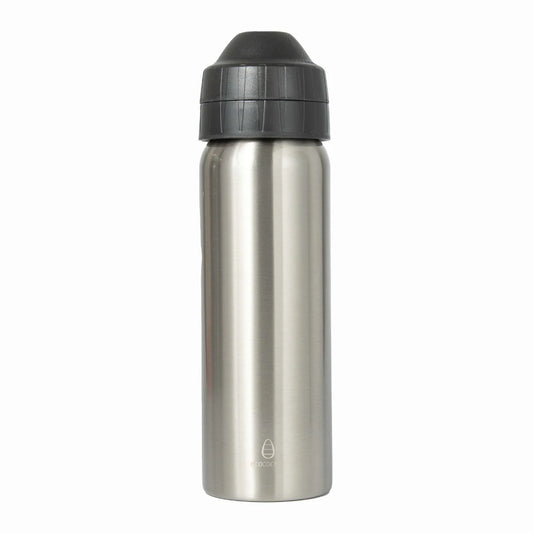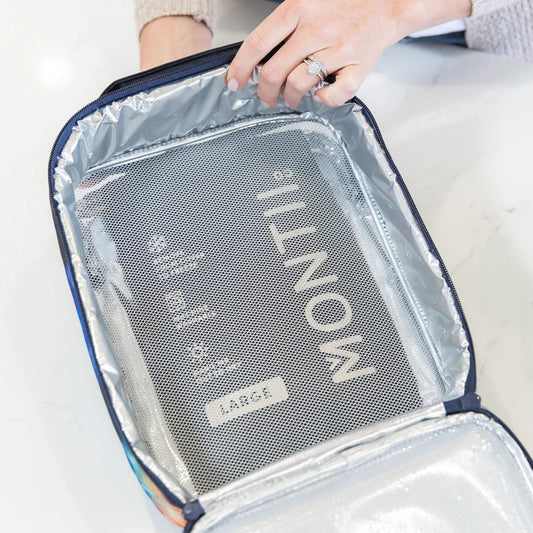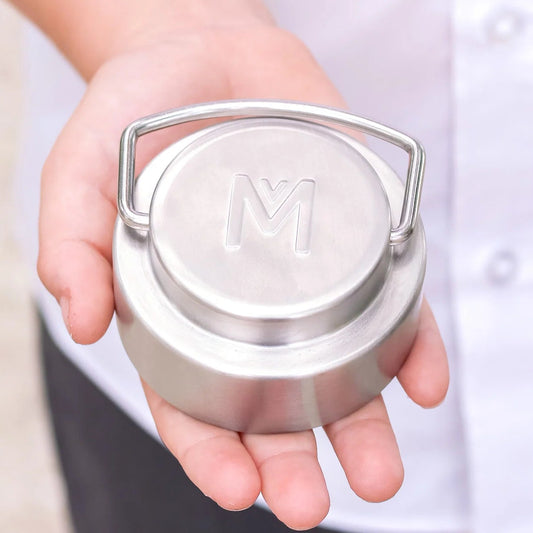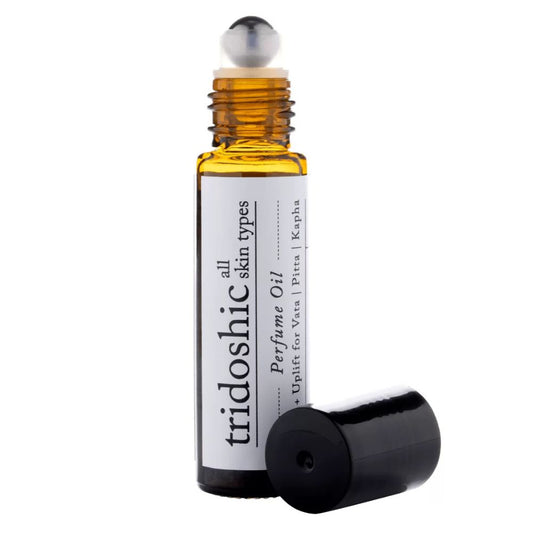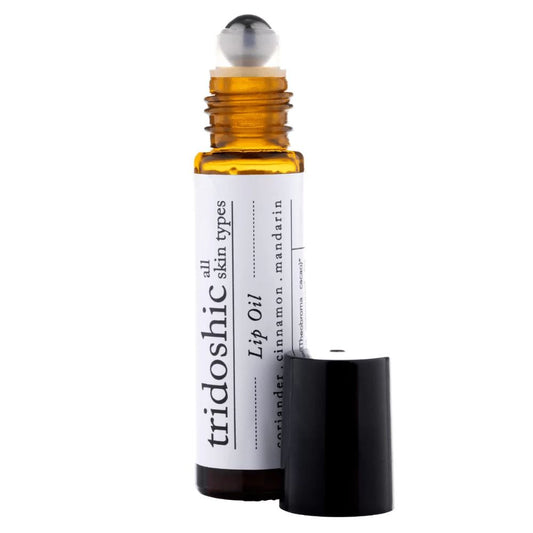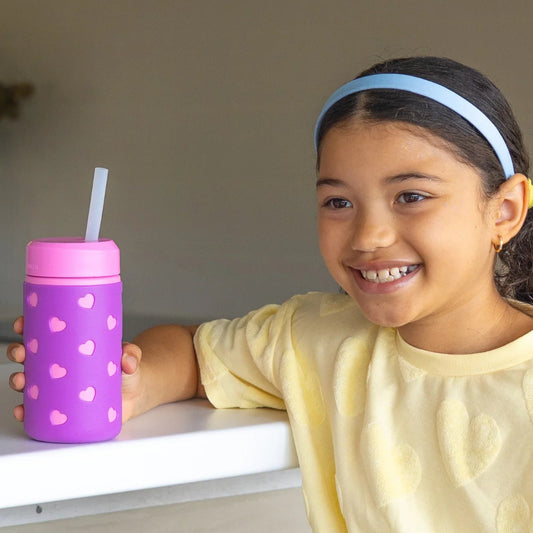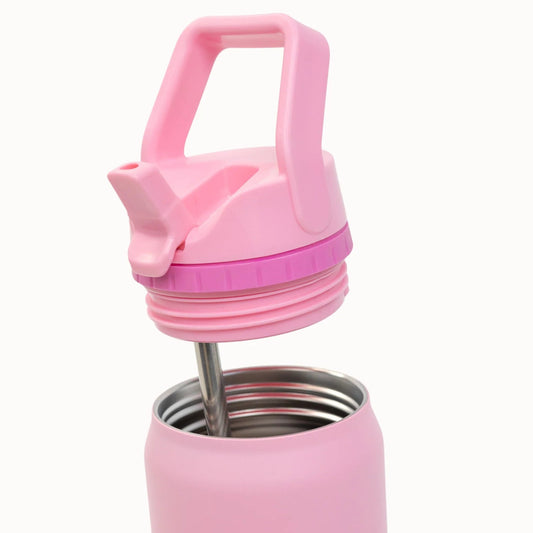
Somewhere along the way, companies stopped selling products and started selling emotions in a bottle—with claims so far-fetched they’d be laughable if they weren’t also harmful.
From laundry scent booster beads to toilet cleaners, marketing has transformed petrochemical fragrance into a stand-in for love, joy, and even mental health. Here’s how the industry spins the story—and why it's time to stop falling for it.
1. Luxury and emotional indulgence
It’s not enough for laundry to be clean anymore. Brands pitch their detergents and boosters as “luxurious fragrances” or “signature scents that linger".
Take Fluffy’s “In-Wash Scent Booster Beads,” which invite you to “float away to your own Fluffy paradise” where laundry becomes perfume, luxury, and joy.
What’s really happening? Those beads leave synthetic residue clinging to your sheets, your baby’s pyjamas, and your skin.
2. Elevating chores into self-care rituals
Cleaning a toilet is now framed as “self-care.” Clorox and other giants are selling the idea that adding synthetic fragrance turns scrubbing a bathroom into a personal wellness ritual.
Chores become indulgent “me time,” as long as you’re inhaling their chemical mist.

3. Scent as mood-enhancer and emotional toolkit
Fragrance marketing is leaning heavily on the wellness boom. Products don’t just smell nice—they “reduce stress,” “energise,” or “uplift your mood.”
The implication is clear: skip the walk, the stretch, or the phone call with a friend—your toilet block or fabric softener has you covered.
4. Nostalgia, comfort, and memory triggers
Scent marketers are masters at exploiting memory. They bottle “fresh country air,” “eucalyptus forest,” or “lavender fields” and use them to sell floor cleaner.
The promise? A whiff will unlock the feeling of holidays, togetherness, and the outdoors. It’s nostalgia for sale, one artificial note at a time —even though what you’re actually inhaling is a soup of undisclosed petrochemicals.
5. Selling love in a bottle
Perhaps the most disturbing trick of all is how companies tie petrochemical fragrance to love, care, and family connection. It’s no longer about clean clothes—it’s about proving you’re a good parent or partner by dosing your home in synthetic scent.
Take Cuddly’s Coco Cuddles scent booster. The ad literally tells you to “make your laundry moments an expression of love and care,” promising a “warm, tropical hug” that lasts 20 weeks. The message is clear: if you really love your family, you’ll smother their clothes in petrochemicals.
This is not love—it’s marketing theatre. Real care is clean fabrics, fresh air, and a safe home. But the industry has hijacked love itself, rebranding chemical exposure as cuddles, comfort, and connection. And that’s not just misleading—it’s dangerous.
The takeaway
Fragrance marketing has gone far beyond “smells nice.” It now trades in luxury, self-care, wellness, nostalgia, and even family love,
It’s time we called this out for what it is: false marketing dressed as love. Fresh air, clean clothes, and real human connection don’t come from a bottle—they come from choices that keep harmful chemicals out of our homes and off our skin.
Related reads
5 Reasons Biome is a Fake Fragrance Free Zone
12 Truths About the Mystery "Fragrance" Ingredient
How To Avoid The Toxic Effects of Synthetic Fragrance
Fragrance Your Home Naturally With Essentials Oils
Make Your Own Natural Perfume Oil


